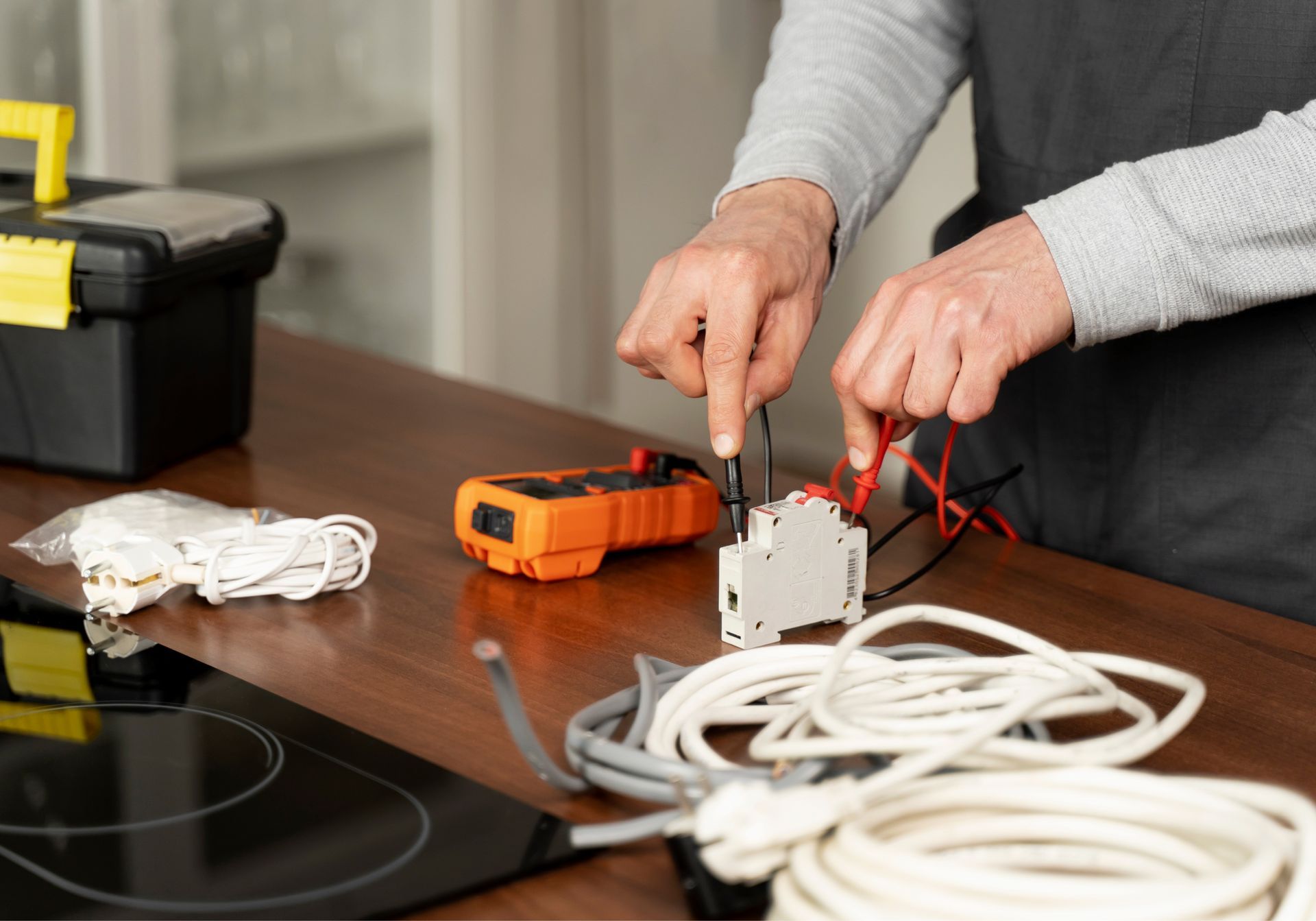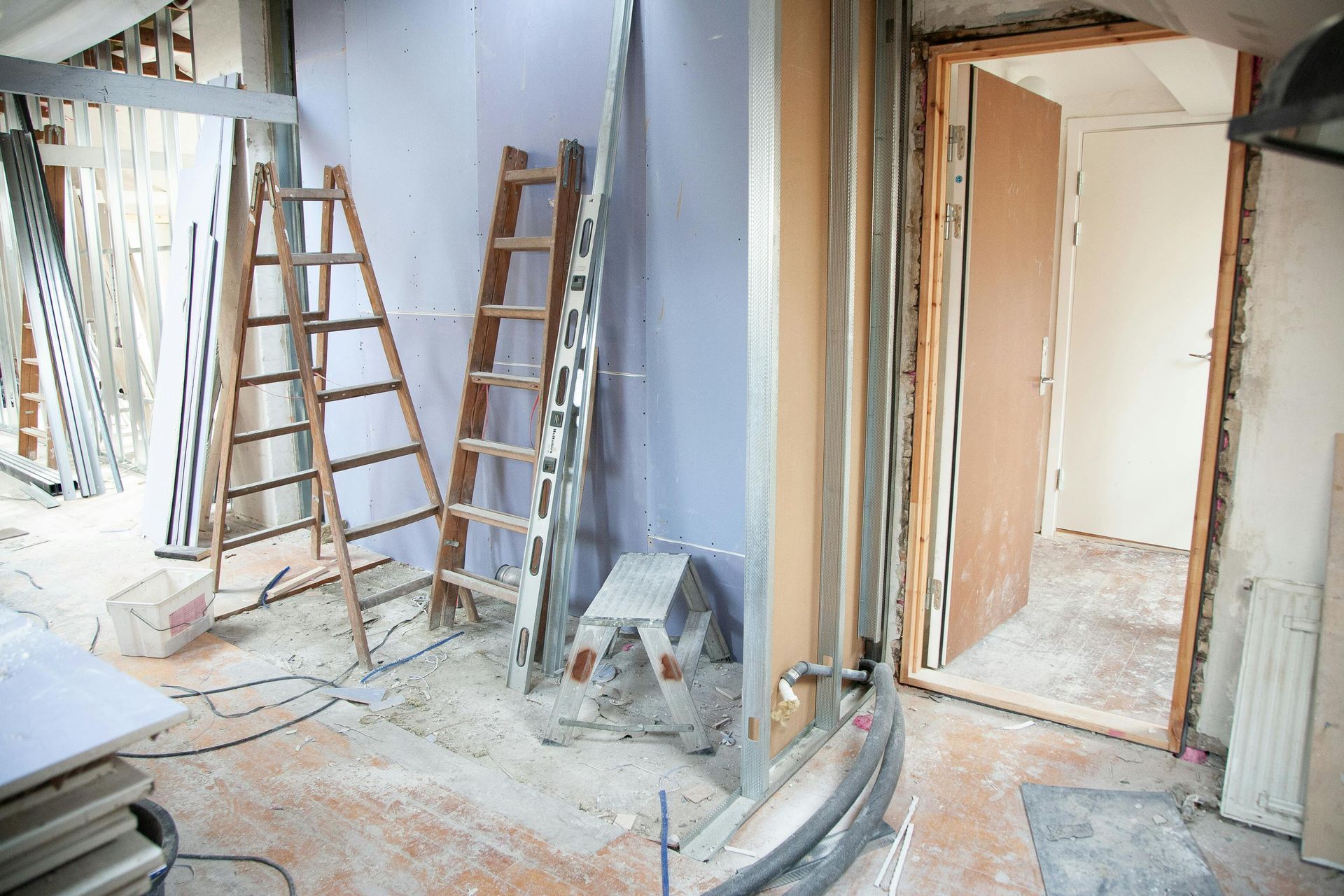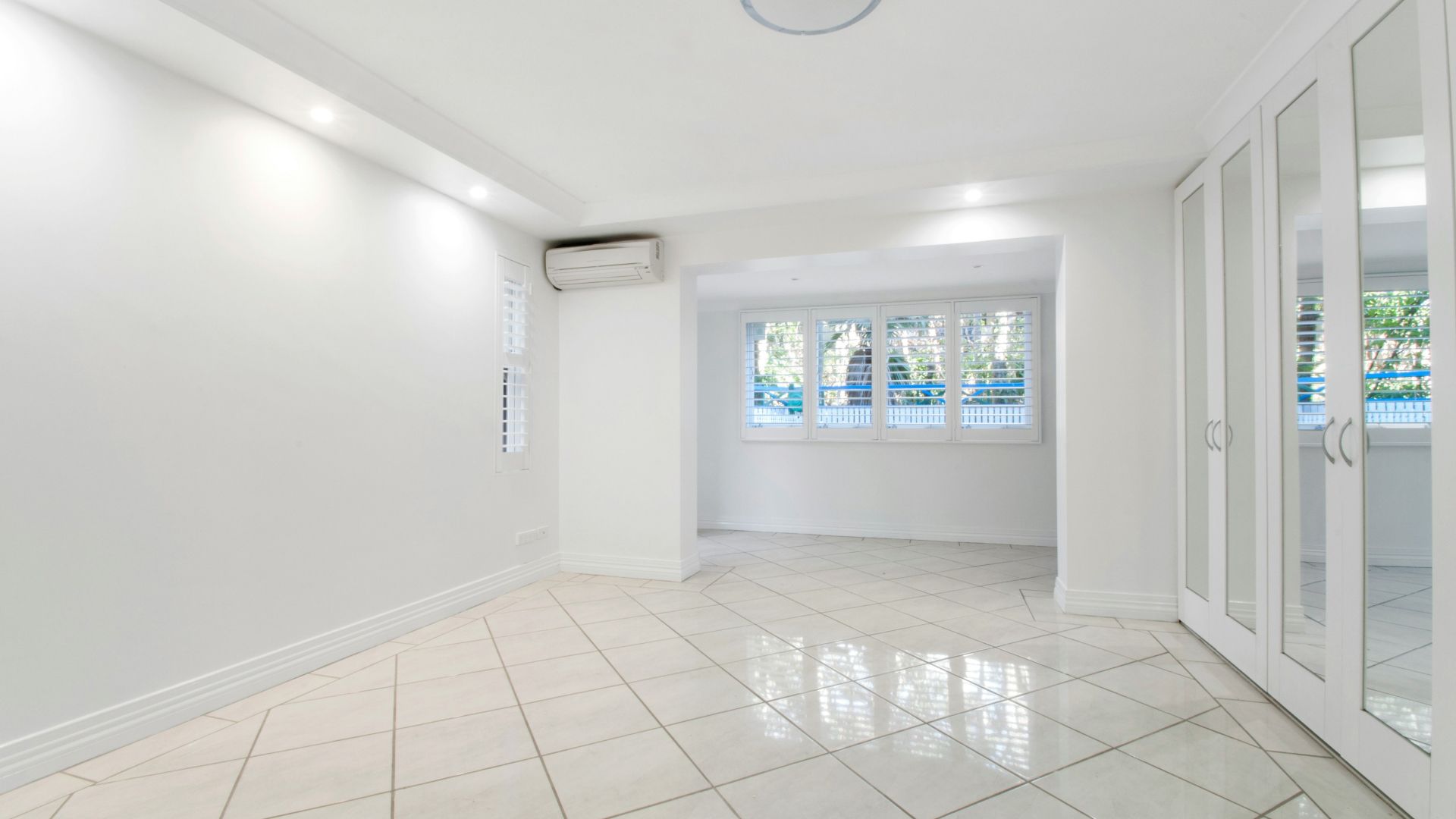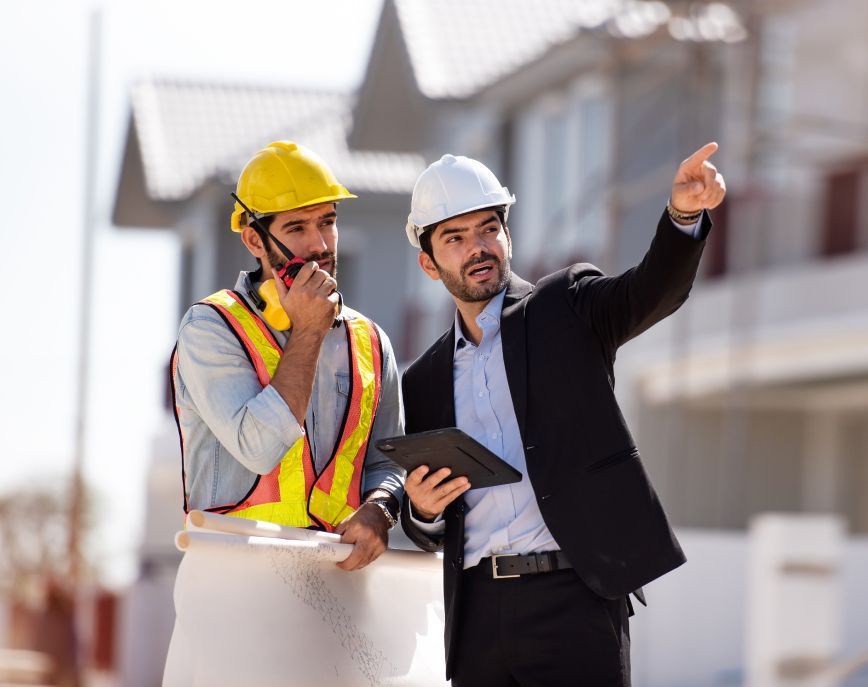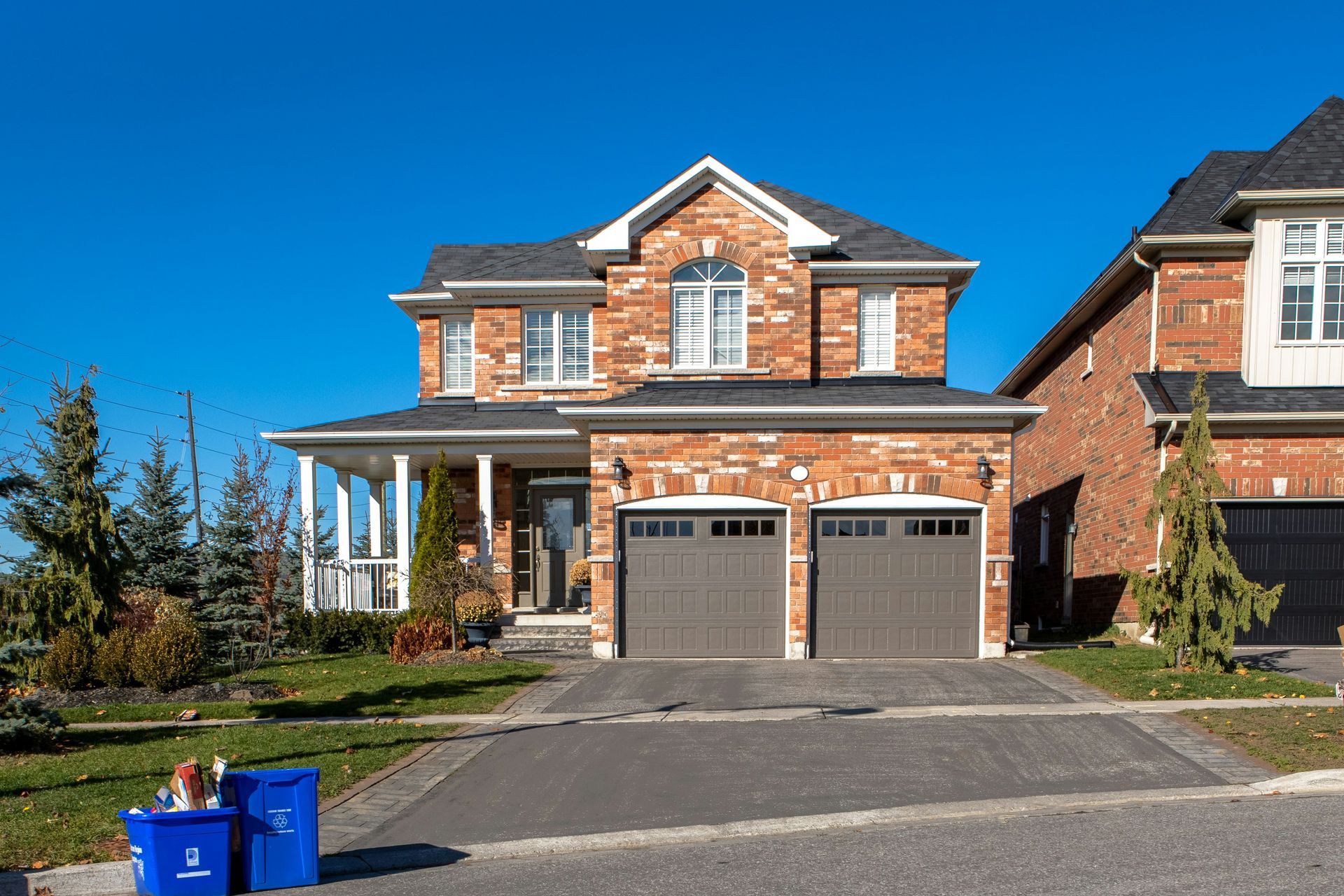Navigating Bakersfield Building Codes
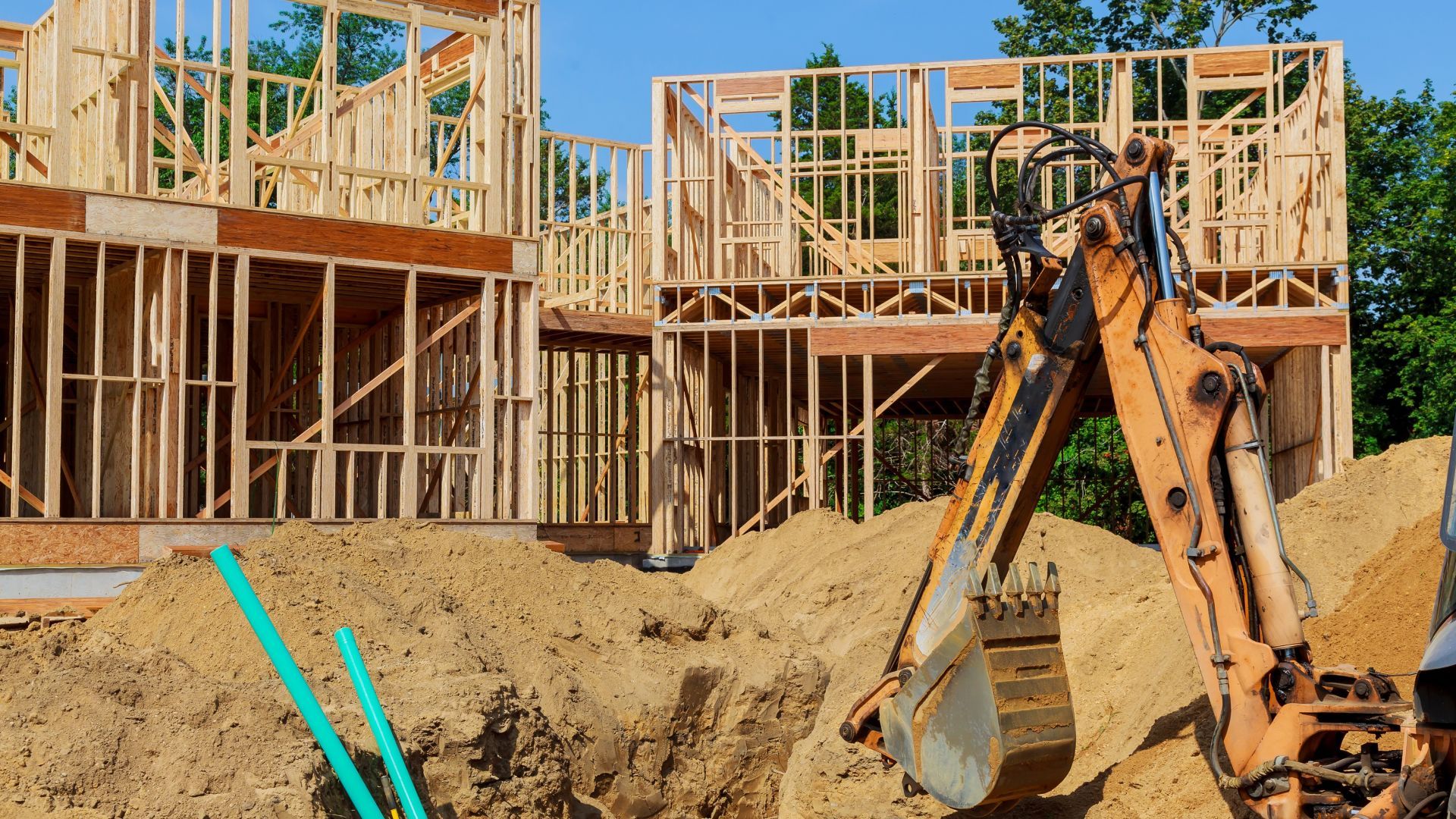
Understanding building codes is crucial for anyone looking to start a construction project. Whether you are building a new home, renovating an office, or adding an extra room, knowing the rules will save you time and money.
Bakersfield is a growing city with its own set of building regulations. These rules ensure that all buildings are safe and up to standard. If you follow these codes, you can avoid fines, delays, and other problems.
The purpose of this article is to guide you through the basics of Bakersfield building codes. We will cover key points you need to know before starting your project. By the end, you will have a clear idea of what is required and how to meet those requirements.
Overview of Building Codes
Building codes are the rules and guidelines that must be followed when constructing any type of building. These codes are in place to make sure that buildings are safe and sturdy. They cover everything from the foundation to the roof, and even the electrical and plumbing systems.
Following building codes is important for several reasons. First, they help keep people safe. Buildings that meet the codes are less likely to have issues that could cause harm, like electrical fires or structural failures. Second, following the codes helps you avoid legal trouble. If you don't meet the codes, you could face fines or be forced to redo parts of your project.
In Bakersfield, several bodies regulate building codes. The City of Bakersfield oversees local building regulations, while the California Building Standards Commission sets state-wide rules. These organizations ensure that all construction meets high safety and quality standards.
By understanding and following these codes, you can ensure your building project runs smoothly and safely. The rest of this article will dive into the specific codes you need to know for residential and commercial buildings in Bakersfield.
Key Building Codes in Bakersfield
Residential Building Codes
When building a home in Bakersfield, there are specific rules to follow. These rules ensure that houses are safe and livable. For example, there are codes for the size and structure of rooms, the strength of the foundation, and the materials used for walls and roofs.
Single-family homes have their own set of codes. These include guidelines for things like ceiling height, window size, and emergency exits. Multi-family units, like apartment buildings, have additional rules to keep everyone safe. This includes requirements for fire escapes and common areas. If you are building an Accessory Dwelling Unit (ADU), such as a granny flat or guest house, there are specific codes for that too. These cover things like spacing from the main house and utilities connections.
Commercial Building Codes
Commercial buildings have different codes compared to residential ones. These codes are designed to ensure safety in places where many people work or visit. For small businesses, codes might include requirements for accessible restrooms, proper ventilation, and safe electrical systems.
Larger commercial projects, like office buildings or shopping centers, have more detailed codes. These include requirements for fire safety systems, elevators, and emergency exits. The goal is to protect both the people who work there and the customers who visit.
Energy Efficiency Codes
Energy efficiency is an important part of building codes in Bakersfield. These codes help reduce energy use and save money on utility bills. They cover things like insulation, windows, and heating and cooling systems.
For example, there are specific codes for how much insulation is needed in walls and attics. Windows must meet certain standards to prevent heat loss in the winter and keep cool air in during the summer. Heating and cooling systems must be efficient and properly installed. There are also codes that encourage the use of renewable energy sources, like solar panels.
Permitting Process
Step-by-Step Guide to Obtaining Permits
Initial Planning and Pre-Application Steps
Before you start your construction project, it's important to plan everything out. Begin by researching the specific building codes and regulations for Bakersfield. This will give you a clear idea of what is required. It's also a good idea to have a detailed plan of your project, including drawings and specifications.
Submission of Plans and Necessary Documents
Once your plans are ready, you need to submit them to the city for approval. This includes detailed drawings of the building, a site plan, and any other required documents. Make sure everything is accurate and complete to avoid delays. You can usually submit these documents online or in person at the city's planning department.
Review Process by City Officials
After you submit your plans, city officials will review them to ensure they meet all building codes and regulations. This review process can take some time, so be patient. They may ask for additional information or revisions to your plans. Be prepared to make these changes promptly to keep your project on track.
Common Reasons for Permit Denials and How to Address Them
Sometimes, permits can be denied. Common reasons include incomplete plans, not meeting code requirements, or issues with zoning laws. If your permit is denied, don't panic. The city will usually provide a list of issues that need to be addressed. Fix these problems and resubmit your plans. It's a good idea to consult with a professional if you're unsure how to proceed.
Inspections and Final Approvals
Types of Inspections Required at Various Stages of Construction
Throughout your construction project, you will need to schedule several inspections. These inspections ensure that your project complies with all building codes at each stage. Common inspections include foundation, framing, plumbing, electrical, and final inspections. Each inspection must be passed before you can move on to the next stage.
How to Schedule Inspections
Scheduling inspections is usually straightforward. Contact the city’s inspection department, either online or by phone, to book an appointment. Be sure to schedule inspections ahead of time to avoid delays in your project. Keep a record of your inspection dates and results.
What to Expect During an Inspection
During an inspection, a city official will visit your construction site to check that everything is up to code. They will look at specific aspects of the construction depending on the type of inspection. For example, a plumbing inspection will focus on the pipes and fixtures. Be present during the inspection if possible, so you can answer any questions and address any issues immediately.
Common Challenges and Solutions
Dealing with Code Changes
Building codes are not static; they can change over time. Staying updated with the latest code revisions is essential for compliance. To keep informed, regularly check the City of Bakersfield's website and subscribe to newsletters from relevant construction and building organizations. Attending local workshops and seminars can also help you stay current with any changes.
Handling Non-Compliance Issues
Non-compliance with building codes can lead to serious problems. If your project is found to be non-compliant, address the issues immediately. Review the specific codes that were violated and make the necessary corrections. Consulting with a professional, such as an architect or a building inspector, can provide guidance on how to fix the issues and avoid future problems. It's important to act quickly to prevent delays and additional costs.
Working with Contractors and Architects
Choosing the right professionals for your project is crucial. Hire contractors and architects who are knowledgeable about Bakersfield's building codes. Verify their credentials and experience before starting your project. Good communication is key. Make sure everyone involved in the project understands the building codes and the importance of compliance. Regular meetings and updates can help keep everyone on the same page and ensure that the project runs smoothly.
By anticipating and addressing these common challenges, you can navigate the building code requirements in Bakersfield more effectively. This proactive approach helps prevent delays, reduces costs, and ensures your project meets all necessary regulations.
Tips for Successful Compliance
Research and Preparation
Before starting your project, spend time researching the building codes and regulations specific to Bakersfield. The more you know upfront, the fewer surprises you'll face later. Use resources like the City of Bakersfield's website and consult with local experts. This preparation will help you create a solid plan that meets all the necessary requirements.
Effective Communication
Good communication is essential for a successful project. Keep clear lines of communication open with everyone involved, including your contractors, architects, and city officials. Regular updates and meetings ensure that everyone is on the same page and that any issues are addressed promptly. When everyone understands the project goals and requirements, things tend to run much smoother.
Documentation and Record Keeping
Maintaining detailed records of your project is crucial. Keep copies of all plans, permits, and inspection reports organized and easily accessible. This documentation can help you track your progress and provide proof of compliance if needed. Good record keeping also makes it easier to address any issues that might arise during the project.
Conclusion
Building in Bakersfield means following specific codes to ensure safety and quality. Understanding these codes is key to a successful project. We've covered the basics of what you need to know, from residential and commercial codes to energy efficiency requirements.
Remember, getting the right permits and passing inspections are crucial steps. Plan carefully, stay updated on code changes, and work with knowledgeable professionals. Good communication and thorough documentation will keep your project on track.
At Titanium Construction, we know how to navigate Bakersfield's building codes. If you need help with your next project, contact us. We're here to make sure your construction is safe, compliant, and successful.



